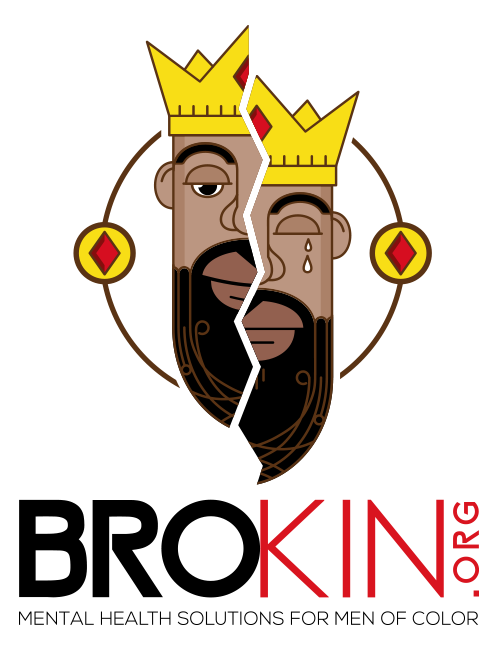
Understanding Adverse Childhood Experiences (ACEs) and Their Impact on Black Men
Adverse Childhood Experiences (ACEs) refer to potentially traumatic events that occur during childhood, such as abuse, neglect, witnessing violence, or growing up in a household with substance abuse, mental illness, or parental separation. For Black men, the burden of ACEs can be especially heavy, as systemic racism, cultural stigmas, and socioeconomic inequities compound their challenges. At BroKin.org, we believe in addressing these experiences with empathy and actionable solutions to foster healing and growth.
The Prevalence of ACEs Among Black Men
Statistics consistently show that Black men disproportionately experience ACEs compared to other demographics. Factors like living in underserved neighborhoods, overpolicing, and exposure to systemic racism can create an environment where trauma becomes normalized. These experiences not only affect their mental health but also shape their interactions with the world around them.
Long-Term Effects of ACEs
- Mental Health Struggles: ACEs can lead to higher rates of depression, anxiety, and post-traumatic stress disorder (PTSD). Many Black men are often conditioned to “tough it out,” resulting in untreated mental health conditions that worsen over time.
- Physical Health Problems: Research shows that ACEs are linked to chronic conditions such as hypertension, diabetes, and heart disease. The stress caused by early trauma can lead to harmful coping mechanisms, like substance abuse or overeating, further exacerbating health issues.
- Social and Economic Challenges: Childhood adversity can hinder educational attainment, career advancement, and stable relationships. Black men who grow up with unresolved trauma may struggle to trust others, develop healthy connections, or navigate workplace dynamics.
- Intergenerational Trauma: The impact of ACEs doesn’t stop with one generation. Without intervention, the effects of childhood trauma can ripple through families, perpetuating cycles of dysfunction and hardship.
Breaking the Cycle: Steps Toward Healing
While the effects of ACEs are profound, they are not insurmountable. Here are ways Black men can begin the journey to healing:
- Acknowledging the Trauma: The first step in addressing ACEs is acknowledging that the trauma exists and that it’s okay to seek help.
- Therapy and Counseling: Individual and group therapy can provide safe spaces for Black men to unpack their experiences. At BroKin.org, we offer culturally competent therapy sessions designed to address the unique challenges faced by Black men.
- Building Community: Isolation often deepens the effects of trauma. Joining supportive communities, whether through mentorship programs, advocacy groups, or faith-based initiatives, can foster connection and understanding.
- Practicing Self-Care: Regular exercise, mindfulness practices, and healthy eating can help mitigate the physical and emotional toll of ACEs.
- Advocating for Change: Addressing the root causes of ACEs requires systemic change. Black men can become advocates for equitable policies that support mental health access, reduce poverty, and dismantle systemic racism.
How BroKin.org Can Help
At BroKin.org, our mission is to create a space where Black and Latino men can confront and overcome the effects of ACEs. Our therapy sessions, led by Dr. Ifeanyi Ufondu, provide a culturally sensitive approach to healing. We also offer group discussions and resources tailored to help individuals and families break free from cycles of trauma.
We understand that the journey to healing is deeply personal, but you don’t have to walk it alone. Whether you’re seeking individual therapy, joining a support group, or accessing educational materials, BroKin.org is here to support you every step of the way.
Final Thoughts
Black men deserve to live lives free from the burdens of their past. By addressing ACEs head-on, we can begin to dismantle the barriers that hold them back and create a future filled with hope, resilience, and empowerment. If you or someone you know is ready to take the first step, visit BroKin.org to learn more and connect with our services.


